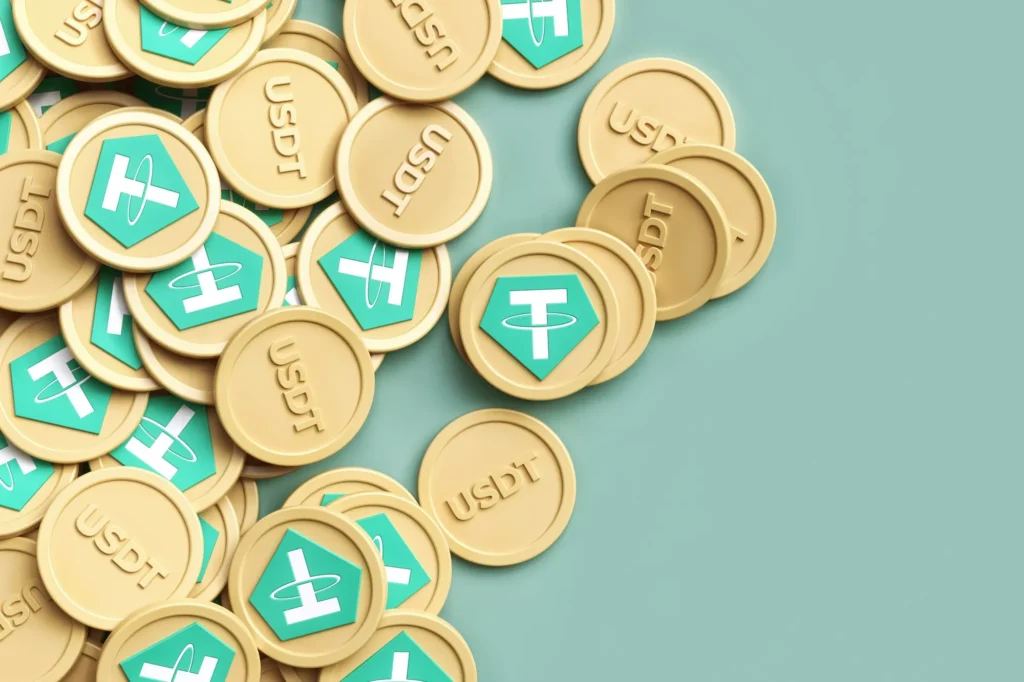Crypto E-Commerce Thailand: A Simple Guide to How Thai Online Shops Are Starting to Accept Crypto in 2025
If you’ve been running an online store in Thailand—or thinking about starting one—there’s a good chance you’ve heard the buzz. Crypto isn’t just for traders anymore. Crypto e-commerce in Thailand is inching its way into the mainstream, and in 2025, more small shops are beginning to take notice.
But how does it actually work? What are people using? Is it safe? And more importantly—should you even bother?
This tutorial walks you through everything, step by step. Not from a hype angle. Just the real, practical stuff you’d want to know before trying it out.
Why Thai Online Sellers Are Even Considering Crypto in 2025
Let’s start with the “why,” because—let’s be honest—crypto still feels a little weird to some people.
But here’s what’s changing:
- Platforms like Bitazza and Zipmex now support business-facing crypto services in Thailand. According to efinancethai, these platforms are helping Thai sellers accept crypto and convert it instantly to baht if needed.
- Thai consumers (especially Gen Z) are already using crypto wallets daily. The Standard reports that young users view wallets like Bitkub NEXT or MetaMask as normal tools—similar to using TrueMoney Wallet or ShopeePay.
- Costs. Let’s not forget this. Most Thai sellers pay 2–3% transaction fees to e-payment processors. With crypto, especially stablecoins, you’re often paying less than 1%. That adds up, fast.
So yes, crypto’s becoming a realistic option—not just a geeky gimmick.

Credit from : ShopeePay
Getting Started: What You Need to Accept Crypto
This part sounds technical, but it really doesn’t have to be. Think of accepting crypto the way you might’ve added PromptPay or a QR code—just with a few extra steps.
1. Choose Your Wallet
Start with a business wallet—ideally one that supports stablecoins like USDT or USDC, and is easy to access in Thailand.
Options include:
- Bitkub NEXT – local, regulated, beginner-friendly
- Trust Wallet or MetaMask – good for more control and flexibility
- Binance Pay – for those already active on Binance
You don’t need all of them. Just one to start.

Credit from : Breet
2. Pick Your Crypto Types
Don’t go crazy. Most Thai shops offering crypto payments in 2025 accept just 1–3 options:
- USDT (Tether) – for stable pricing and low fees
- BTC (Bitcoin) – still popular, but slower
- BNB or ETH – depends on your audience
Stablecoins are usually the easiest for accounting.

Credit from : Medium
3. Add Crypto Checkout
If you’re using:
- Shopify – apps like CoinPayments or BitPay are available
- WooCommerce – use plugins like NOWPayments or BTCPay Server
- Manual checkout – some Thai sellers, especially on Line or IG, share wallet QR codes and confirm payment manually
It depends how tech-heavy you want to go. Many sellers start manually before upgrading later.

Credit from : Outvio
Crypto E-Commerce Thailand: Key Things to Watch Before You Start
Adding crypto isn’t the hard part. But managing it right? That takes a little care.
Here’s what Thai sellers say they learned (the easy way and the hard way):
1. Volatility Can Be a Pain
Even stablecoins aren’t always 100% stable. There are occasional price slippages, and not every exchange handles them the same way.
If you’re accepting crypto, either:
- Convert to baht daily (automatically or manually)
- Or price products in THB, but accept crypto equivalent at the time of checkout
This way, you avoid losing money if the market suddenly shifts.
2. Customer Confusion Still Happens
A fair number of buyers in Thailand are still new to crypto. Expect questions like:
- “Where do I send it?”
- “What’s a gas fee?”
- “Why isn’t my transfer instant?”
The more clearly you explain your process, the better. Some sellers add a mini how-to on their checkout page, just in case.
3. You’ll Need to Track for Taxes
Yes, Thai law does expect businesses to report income—even if it comes in crypto.
Use tools like:
- Binance’s tax report function
- CoinTracking.info
- Bitkub’s account export
Some accounting software now supports crypto imports too. Better to keep things tidy from the start.
Crypto E-Commerce Thailand Real Examples: Thai Shops Already Accepting Crypto
This isn’t just theory—some sellers are already in the game.
One beauty and skincare shop highlighted on my-best Thailand quietly introduced USDT as a checkout option in early 2025. They offered a 5% discount for customers using Bitkub NEXT—mainly to attract first-time crypto spenders.
Result? Small spike in conversions. But more importantly, they built a new layer of loyalty with digital-native buyers.
Elsewhere, NFT merch sellers and craft goods stores on Instagram are using wallet-to-wallet payments directly—mostly with USDT on BNB Chain. It’s fast, clean, and doesn’t require any third-party service fees.
How to Make Crypto E-Commerce Thailand Work for You
If you’re serious about testing crypto e-commerce in Thailand, here are five tips Thai sellers have found useful:
- Start small. Add one coin, one wallet, one method. You don’t need full automation on Day 1.
- Be transparent. Let customers know exactly how it works. Maybe add a short FAQ or a Telegram link for support.
- Time your conversions. Crypto prices move. Set daily reminders to cash out—especially if you’re running slim margins.
- Offer incentives. A small discount for crypto users makes them feel welcomed, and it also encourages trials.
- Keep your legal docs ready. Even if it’s just Excel or Google Sheets—log every crypto payment. It’ll help with taxes and audits.
It doesn’t have to be complicated—but you do need to stay organized.

Credit from : Investopedia
Final Thoughts: Crypto E-Commerce Thailand in 2025 Is Quietly Becoming a Thing
Look—crypto e-commerce in Thailand isn’t everywhere yet. But the path is clearing. Regulation is catching up, tools are getting easier, and younger buyers are already on board.
You don’t need to be a crypto expert to get started. All it takes is curiosity, a bit of trial and error, and a wallet.
Some say it’s still “too early.” Maybe. But every new payment method once sounded strange—until it didn’t.
So if you’re running a Thai online store, now might be the right time to quietly give crypto a try. Worst case? You learn something new. Best case? You reach a new kind of buyer before your competitors do.




